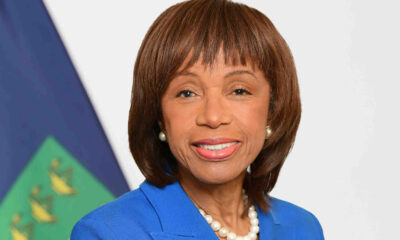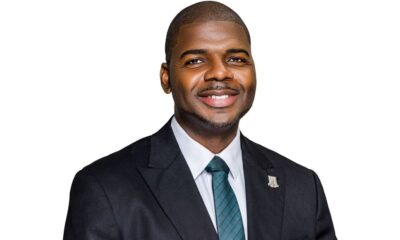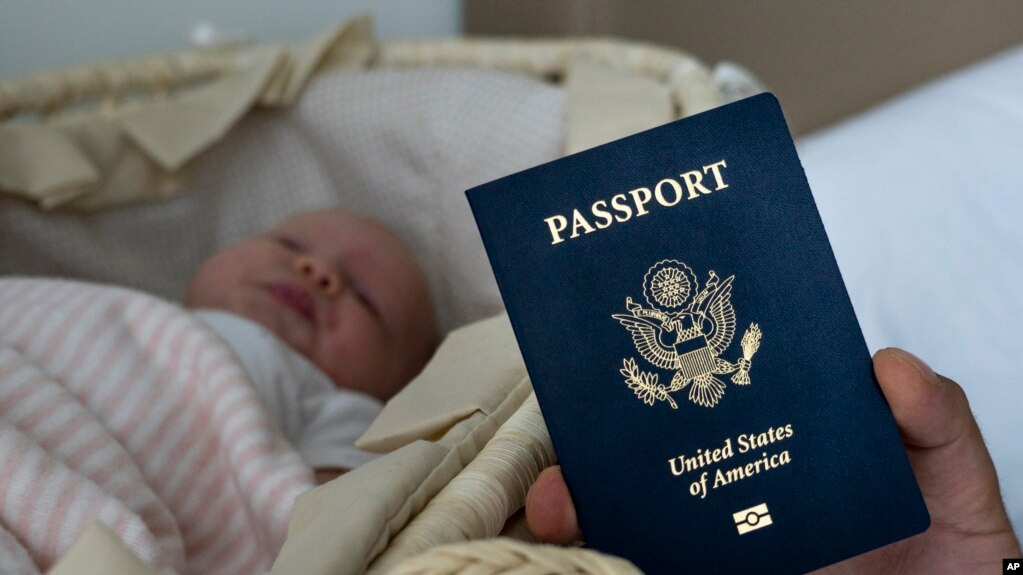International
President Joe Biden Ends Re-election Campaign, Endorses Harris as Democratic Nominee

President Joe Biden announced on Sunday that he will end his bid for re-election, concluding a distinguished half-century-long political career and dramatically reshaping the race for the White House just four months before Election Day.
Biden, 81, faced mounting concerns within his party about his age and vitality, which led to widespread doubt about his ability to defeat former President Donald Trump in November. Acknowledging these sentiments, Biden has endorsed Vice President Kamala Harris as the Democratic nominee.
“While it has been my intention to seek re-election, I believe it is in the best interest of my party and the country for me to stand down and focus solely on fulfilling my duties as President for the remainder of my term,” Biden stated in a letter posted on social media platform X. “I will speak to the Nation later this week in more detail about my decision.”
Biden expressed his gratitude to Harris for her support and partnership, endorsing her candidacy in a follow-up post: “My very first decision as the party nominee in 2020 was to pick Kamala Harris as my Vice President. And it’s been the best decision I’ve made. Today I want to offer my full support and endorsement for Kamala to be the nominee of our party this year.”
According to sources familiar with the campaign, Biden and Harris had multiple discussions on Sunday prior to the president’s announcement. Harris responded with a statement thanking Biden for his leadership and vowing to earn the Democratic nomination and unite the party against Trump’s “extreme Project 2025 agenda.”
The president’s decision marks an unprecedented turn in modern American politics. The last sitting president to abandon a re-election bid was Lyndon Johnson in 1968. However, Johnson’s announcement came eight months before the election, unlike Biden’s exit just a few months before voters head to the polls.
The withdrawal of Biden from the race is set to trigger significant internal dynamics within the Democratic Party as potential successors jockey for position. Key figures such as California Governor Gavin Newsom and Michigan Governor Gretchen Whitmer have already voiced their admiration for Biden’s service and hinted at their own ambitions.
Governor Newsom, a prominent Biden supporter, praised the president in a social media post: “He will go down in history as one of the most impactful and selfless presidents.” Similarly, Governor Whitmer acknowledged Biden as a “great public servant” and reaffirmed her commitment to ensuring a Democratic victory in November.
First Lady Jill Biden and the president’s granddaughter Naomi also expressed their pride and admiration for Biden’s legacy. Meanwhile, Republican leaders criticized the president’s decision, with House Speaker Mike Johnson calling for Biden’s immediate resignation and Trump’s campaign branding the move as a “complete disgrace.”
The Democratic National Committee has pledged to undertake a transparent process to select a new candidate. “In the coming days, the Party will move forward as a united Democratic Party with a candidate who can defeat Donald Trump in November,” stated DNC Chair Jaime Harrison.
As Biden’s historic political career, which spans the eras from Nixon’s fall to Trump’s rise, comes to a close, the Democratic Party faces a pivotal moment in determining its future leadership and direction ahead of the 2024 election.
International
U.S. Embassy Issues Warning on ‘Birth Tourism’
International
Overseas Territories Honoured for Strategic Value, Deepening Ties with UK
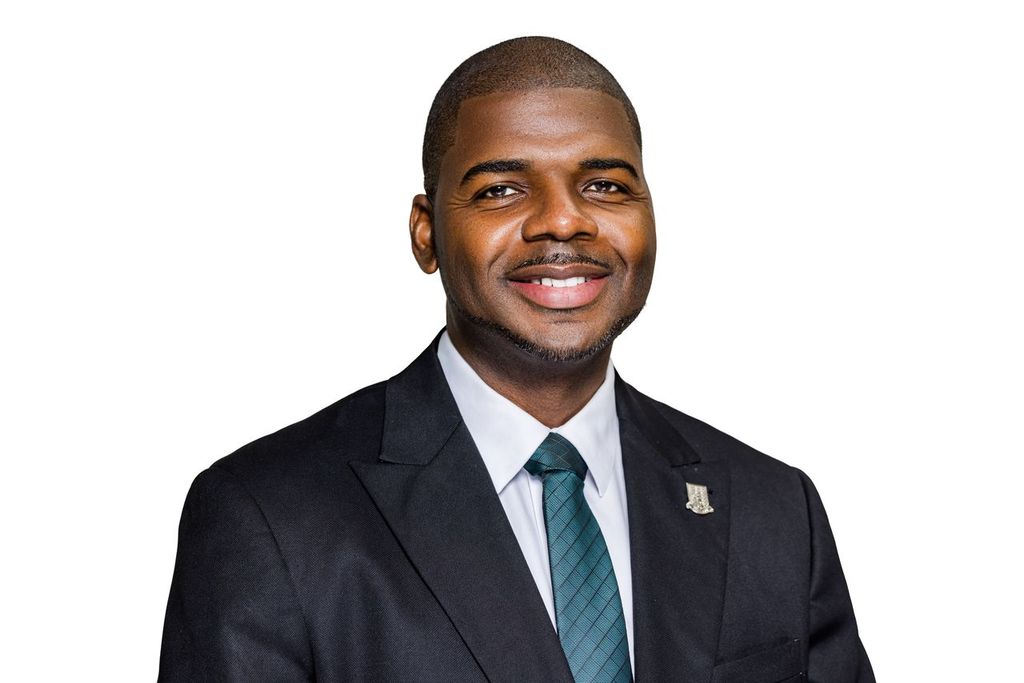
Against the backdrop of growing global uncertainty and shifting geopolitical alliances, the United Kingdom reaffirmed its commitment to its Overseas Territories this week during the observance of the Second Annual Overseas Territory Day. The event, championed by UK and Territory leaders alike, underscored the critical role these regions play in defense, environmental security, and Britain’s wider international footprint.
Speaking in his capacity as President of the United Kingdom Overseas Territories Association (UKOTA), Premier of the Virgin Islands Dr. the Hon. Natalio Wheatley described the occasion as an opportunity to reflect not only on the Territories’ vital roles in areas like security and environmental stewardship, but also on the “mutual respect and collaborative growth” that continues to define their relationship with the UK.
“Overseas Territories are not only vibrant communities rich in culture and heritage,” Premier Wheatley said in a statement Tuesday. “They are vital partners in the UK family… their contribution to the UK’s global presence and values cannot be overstated.”
Observed annually on the first Monday of June, Overseas Territory Day was marked in London with a series of ceremonial events, including a flag-raising at Parliament Square, a choral evensong at the Guild Church of St Lawrence Jewry, and a formal reception at Speaker’s House hosted by House of Commons Speaker Sir Lindsay Hoyle. The Virgin Islands was represented by UKOTA Chair and BVI Representative Tracy Bradshaw.
This year’s theme — “The Strategic Importance of the Overseas Territories and the Enduring Significance of our Constitutional Relationships with the United Kingdom” — reflected a growing focus on the Territories’ role in Britain’s global influence, particularly amid shifting geopolitical dynamics and climate-related vulnerabilities.
From the Caribbean to the South Atlantic, the Premier noted, Overseas Territories continue to punch above their weight. Citing efforts in renewable energy, biodiversity protection, and disaster preparedness, Dr. Wheatley praised the Territories for “thinking globally while acting locally.”
“These qualities not only define the character of our communities,” he said, “but also underpin their strategic relevance and global reach.”
Tuesday’s remarks also touched on the importance of responsible self-governance and ensuring that the voices of Overseas Territories remain central to policymaking at the UK level.
“We remain focused on ensuring their voices are not only heard but are instrumental in shaping policy and partnership,” Wheatley said.
The Premier closed with a call to unity and long-term vision, urging stakeholders to maintain momentum in advancing sustainable development, deepening constitutional ties, and building a legacy defined by “strategic cooperation, constitutional respect, and mutual progress.”
As Britain redefines its global relationships post-Brexit, events like Overseas Territory Day provide a moment to assess how longstanding ties — rooted in history but looking toward the future — continue to evolve.
International
BVI Urges UK and Other Colonial Powers to Support Self-Determination of Remaining Territories
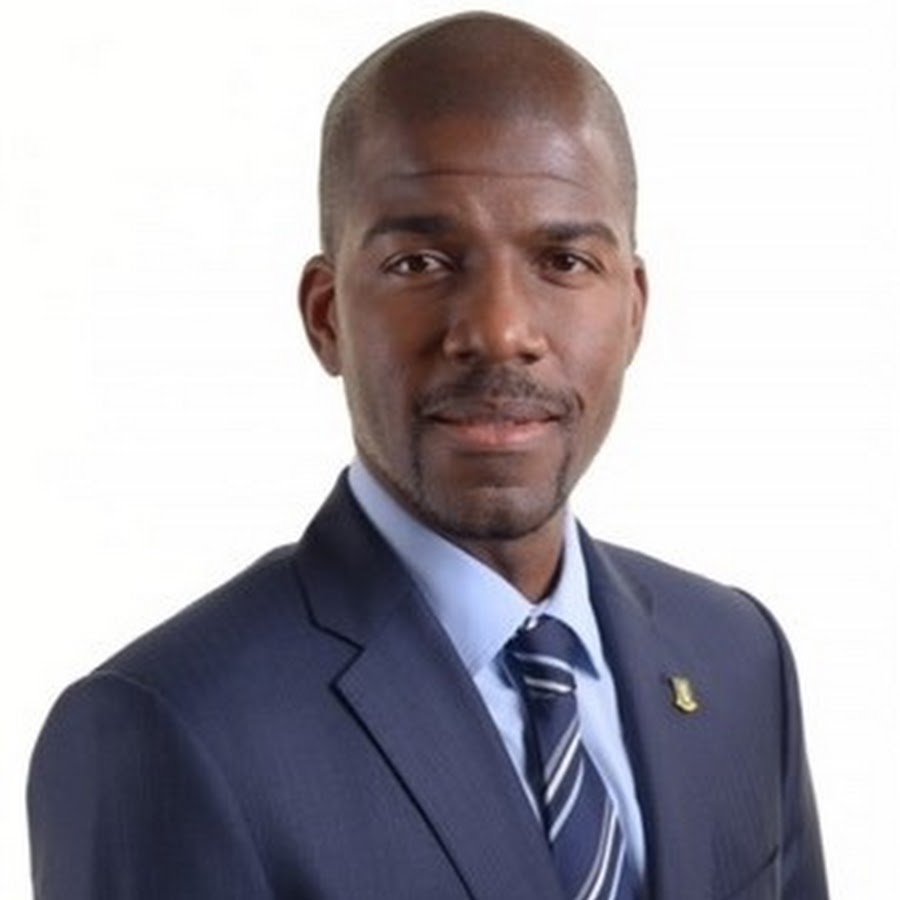
In a direct appeal to the international community, the British Virgin Islands (BVI) has called on the United Kingdom and other colonial powers to set aside their national interests and support the self-determination of the 17 remaining non-self-governing territories under the mandate of the United Nations Special Committee on Decolonisation (C-24).
Speaking at the UN’s Pacific regional seminar on decolonisation, held in the Timorese capital Dili from 21st to 23rd May, BVI Special Envoy Benito Wheatley urged administering powers to recommit to the principles of decolonisation and support a meaningful pathway to self-government for the remaining territories on the UN’s list.
“We all must work together to make progress on decolonisation,” Mr Wheatley said in his address. “I know it is hard to separate national interests from the process, but an effort must at least be made to work in the best interest of Non-Self-Governing Territories.”
He added that the Special Committee should prioritise the dispatch of visiting missions “where this is practicable,” noting that “the politics of the process is very complicated and requires dialogue, but no effort should be spared.”
The BVI, which hosted a UN visiting mission in August 2024, was recognised in the mission’s report for its advancement toward full internal self-government. The mission also recommended the establishment of a timetable for the Territory’s eventual independence.
Mr Wheatley expressed appreciation for the UN’s engagement and reiterated the Territory’s commitment to good governance and democratic reform. He also used the opportunity to highlight the broader need for sustainable development assistance, particularly in the face of growing climate threats.
“To truly advance self-determination, UN agencies must play a more active role in supporting the development priorities of these Territories,” Mr Wheatley stated. He urged the C-24 to adopt a resolution at its upcoming June session that would allow UN agencies to utilise their regular programme budgets to support Territories classified as Small Island Developing States (SIDS), especially those that are associate members of regional commissions such as ECLAC and ESCAP.
In a firm message to London, Mr Wheatley also called on the United Kingdom to formally withdraw the Order in Council currently held in reserve, which grants it the power to suspend the BVI’s constitution and impose direct rule if triggered.
“There is no longer an excuse for the UK to maintain this unnecessary, undemocratic and blunt colonial instrument over the Territory,” he said, noting that the BVI had completed the governance reform programme agreed in 2022.
The UN’s list of territories yet to be decolonised includes American Samoa, Anguilla, Bermuda, the British Virgin Islands, Cayman Islands, Falkland Islands, French Polynesia, Gibraltar, Guam, Montserrat, New Caledonia, Pitcairn, Saint Helena, Tokelau, Turks and Caicos Islands, the United States Virgin Islands, and Western Sahara.
The seminar in Dili marks a continuation of the UN’s longstanding commitment to decolonisation — a process that remains incomplete nearly eight decades after the adoption of the UN Charter.
-

 Uncategorized19 hours ago
Uncategorized19 hours agoBody Recovered Near Maria’s by the Sea Hotel
-
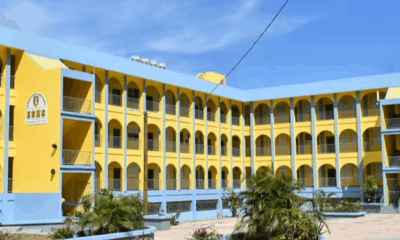
 Education3 days ago
Education3 days agoBVI Records Over 85 Student Suspensions in Early 2025
-
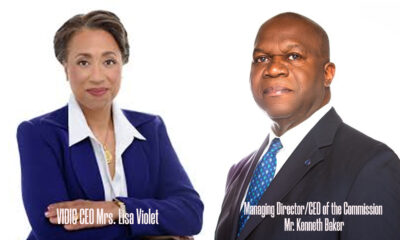
 Uncategorized1 week ago
Uncategorized1 week agoBritish Virgin Islands Regulators Move to Wind Down Bank of Asia (BVI) Limited
-

 Entertainment6 days ago
Entertainment6 days agoK’Meeya Chung and Dakarai Wheatley-Adams Crowned Miss and Mr. HLSCC 2025
-

 Entertainment1 week ago
Entertainment1 week agoNeil Frett Named Honouree as 71st Virgin Islands Emancipation Festival Officially Launched
-

 Local News1 day ago
Local News1 day agoU.S. Travel Ban on Haiti and Other Nations Sparks Concern Across the Caribbean
-
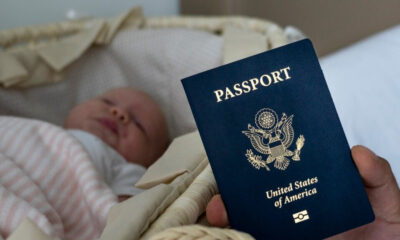
 International1 day ago
International1 day agoU.S. Embassy Issues Warning on ‘Birth Tourism’
-
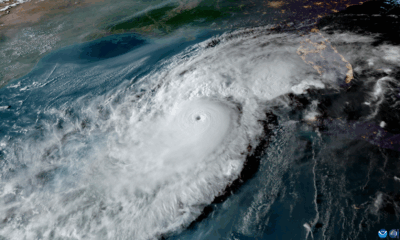
 Local News6 days ago
Local News6 days agoCaribbean Braces for Active 2025 Hurricane Season




